20 GPTs for Speech Therapy Powered by AI for Free of 2026
AI GPTs for Speech Therapy are advanced tools that leverage Generative Pre-trained Transformers (GPTs) technology to assist in various aspects of speech therapy. These tools are designed to understand, generate, and process natural language, making them particularly useful in the diagnosis, treatment, and management of speech and language disorders. By utilizing AI, they provide personalized and adaptive learning experiences, speech recognition and generation, and interactive exercises tailored to the needs of individuals requiring speech therapy. Their relevance in speech therapy lies in their ability to offer scalable, accessible, and cost-effective solutions that complement traditional therapeutic practices.
Top 10 GPTs for Speech Therapy are: Voice-To-Text Notes,Bright Sketcher,InnerVoice Explorer GPT,Logopedista,Phonetic Transcriber - BrE,Pronunciation Coach,Symbol Spark,British Accent Coach,AAC Assistant,Dialogue Coach
Voice-To-Text Notes
Transcribe Speech to Text Seamlessly
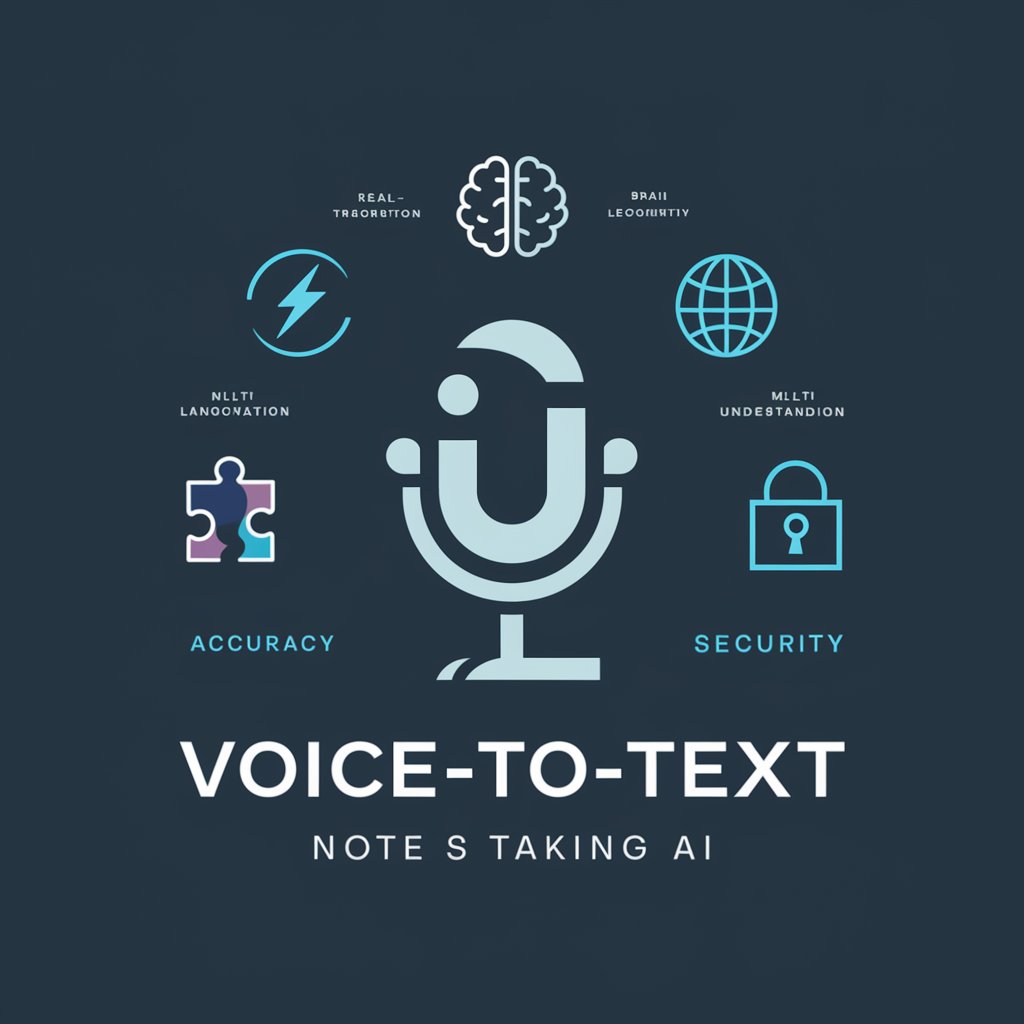
Bright Sketcher
Crafting Visuals for Easier Learning
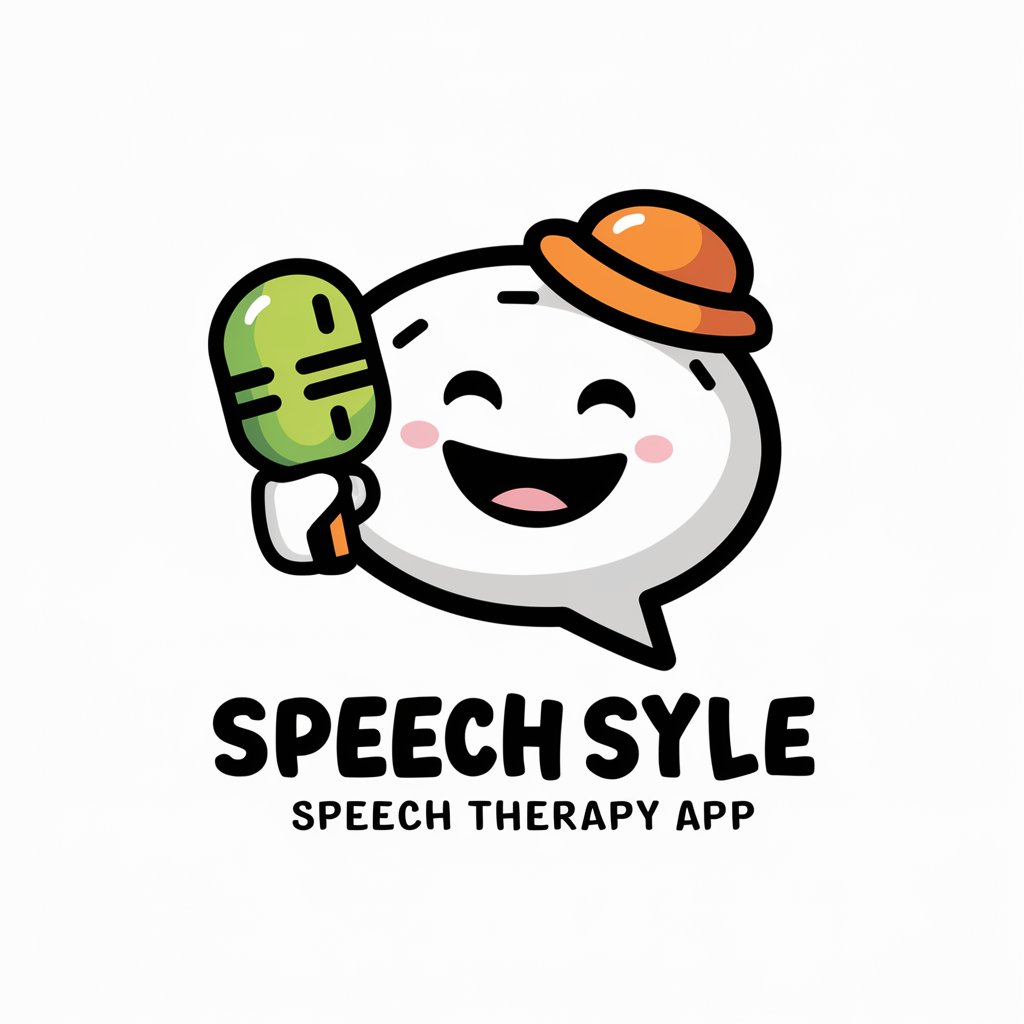
InnerVoice Explorer GPT
Unlock your voice with AI
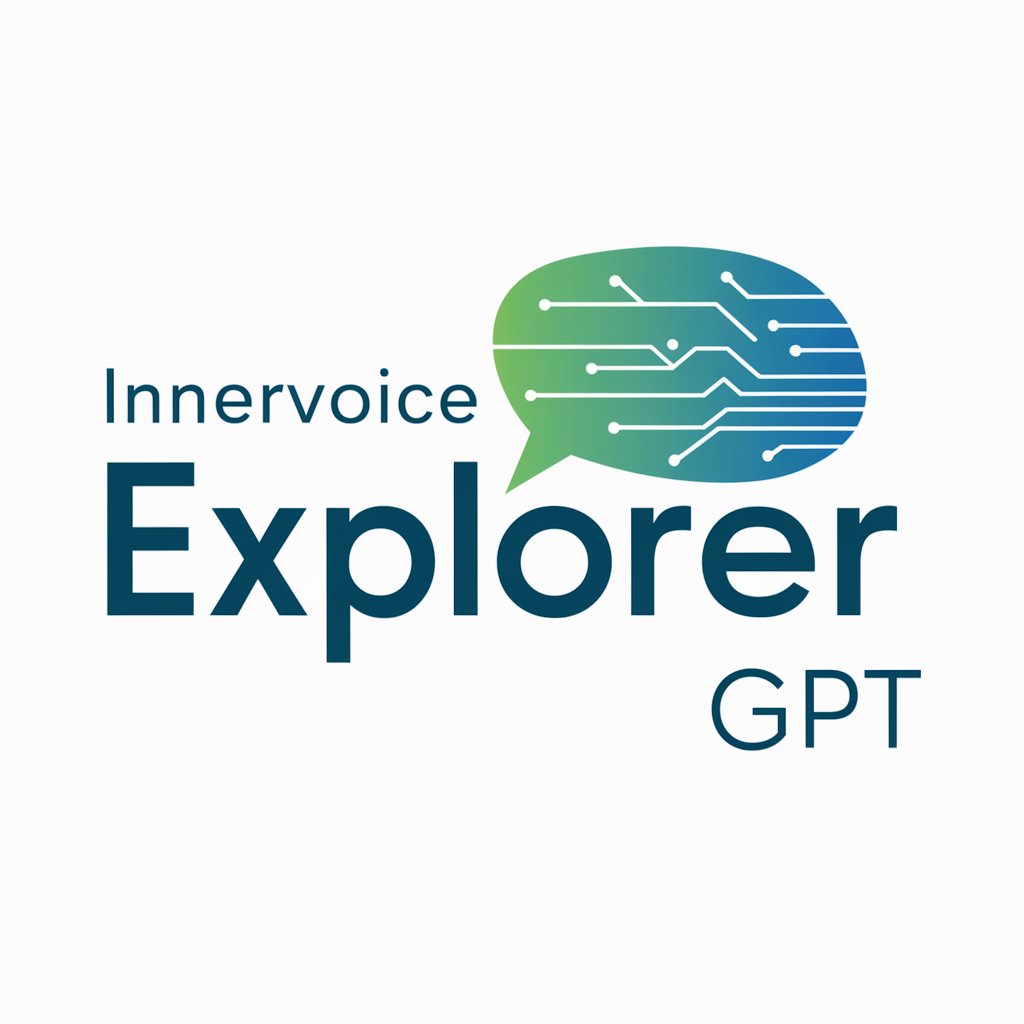
Logopedista
Empowering Speech, Enhancing Communication
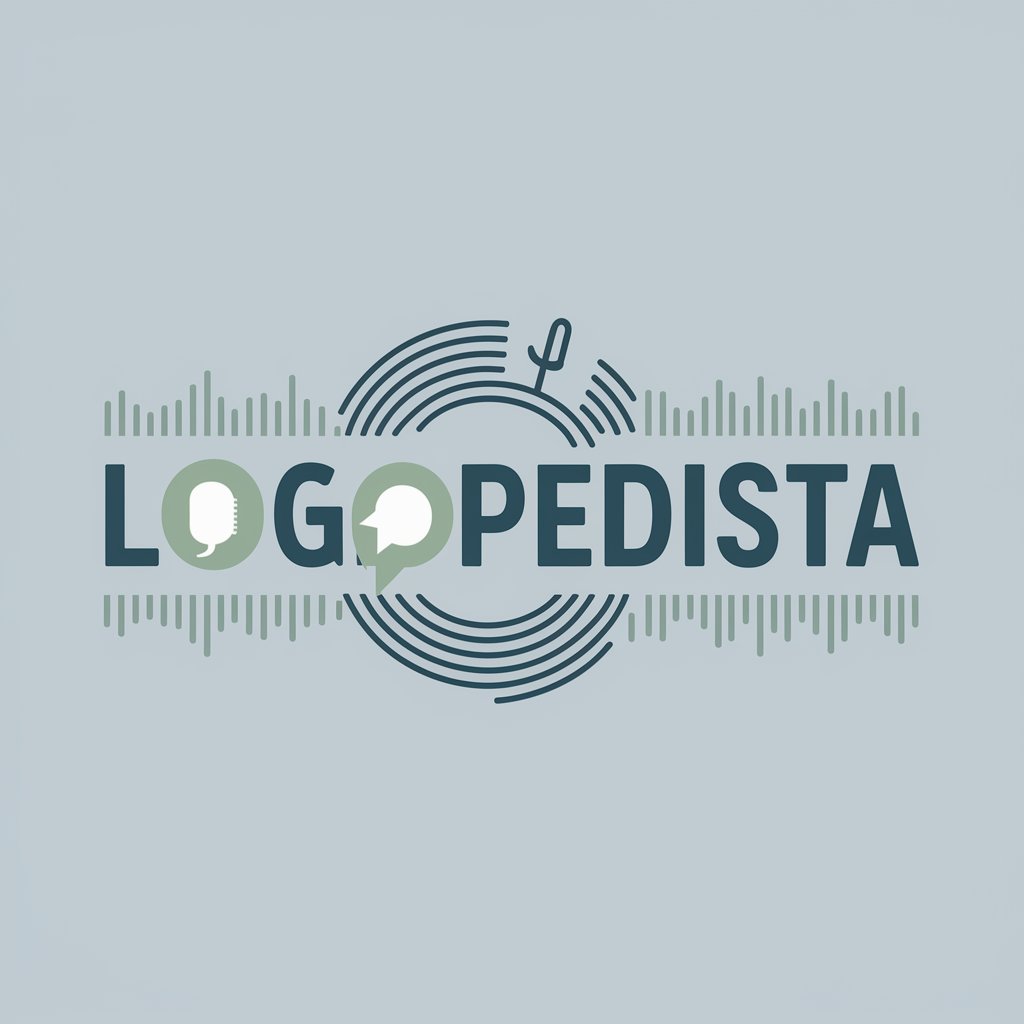
Phonetic Transcriber - BrE
Transcribe text with AI-powered British English phonetics.
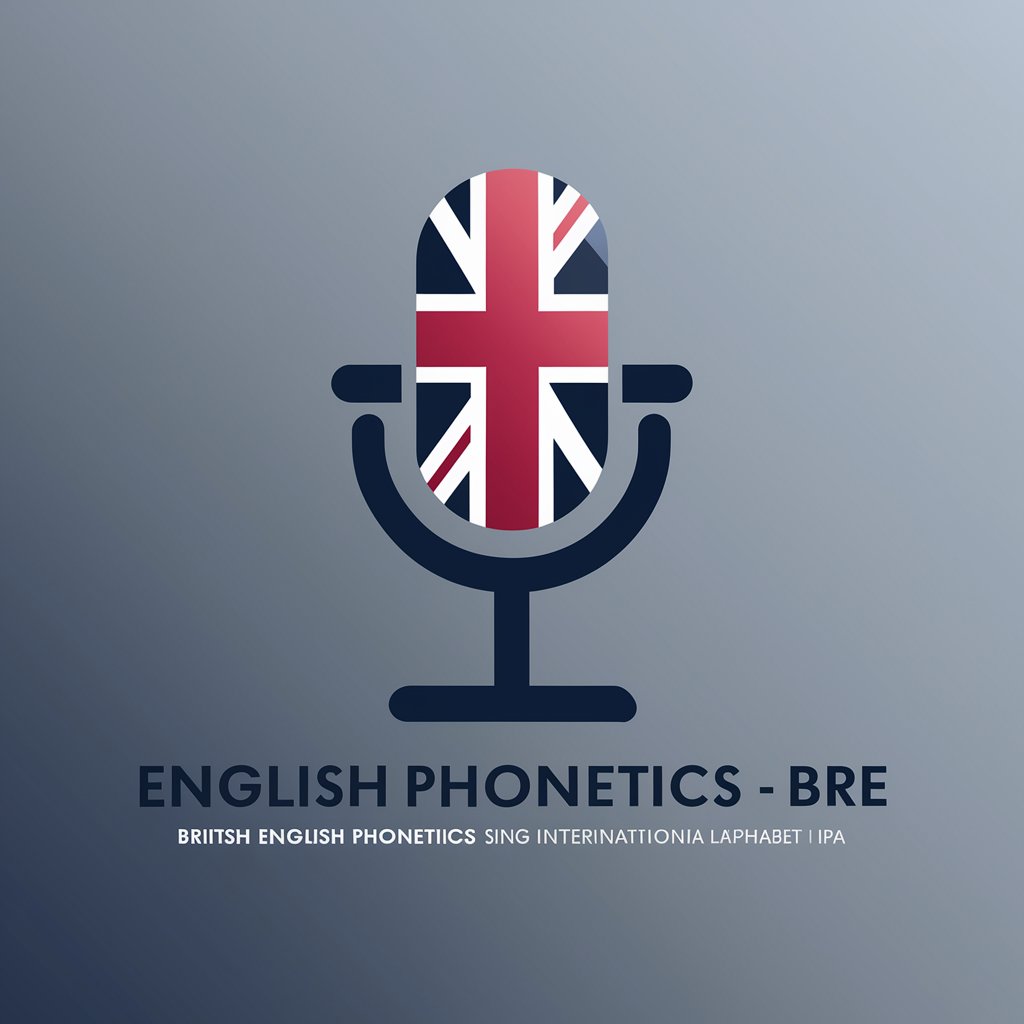
Pronunciation Coach
AI-powered pronunciation perfection
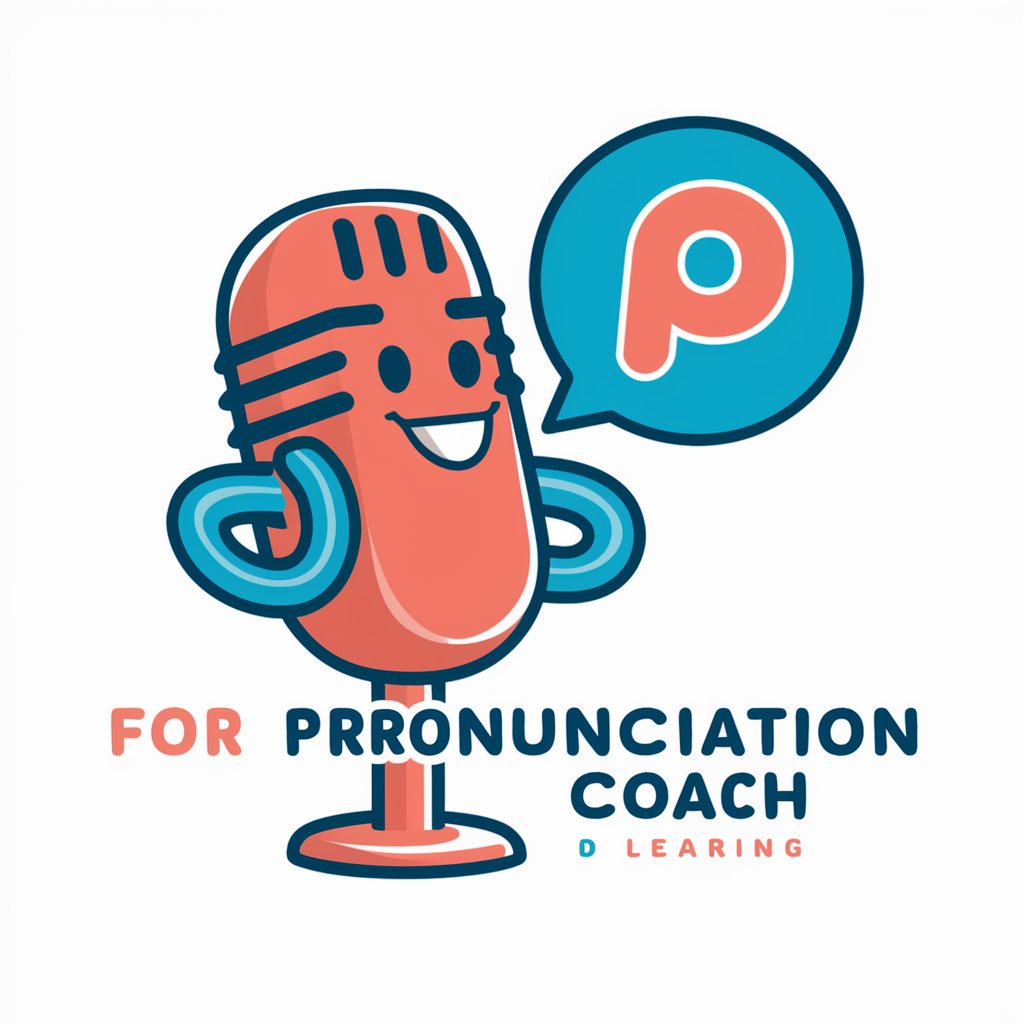
Symbol Spark
Crafting Engaging Communication Symbols with AI
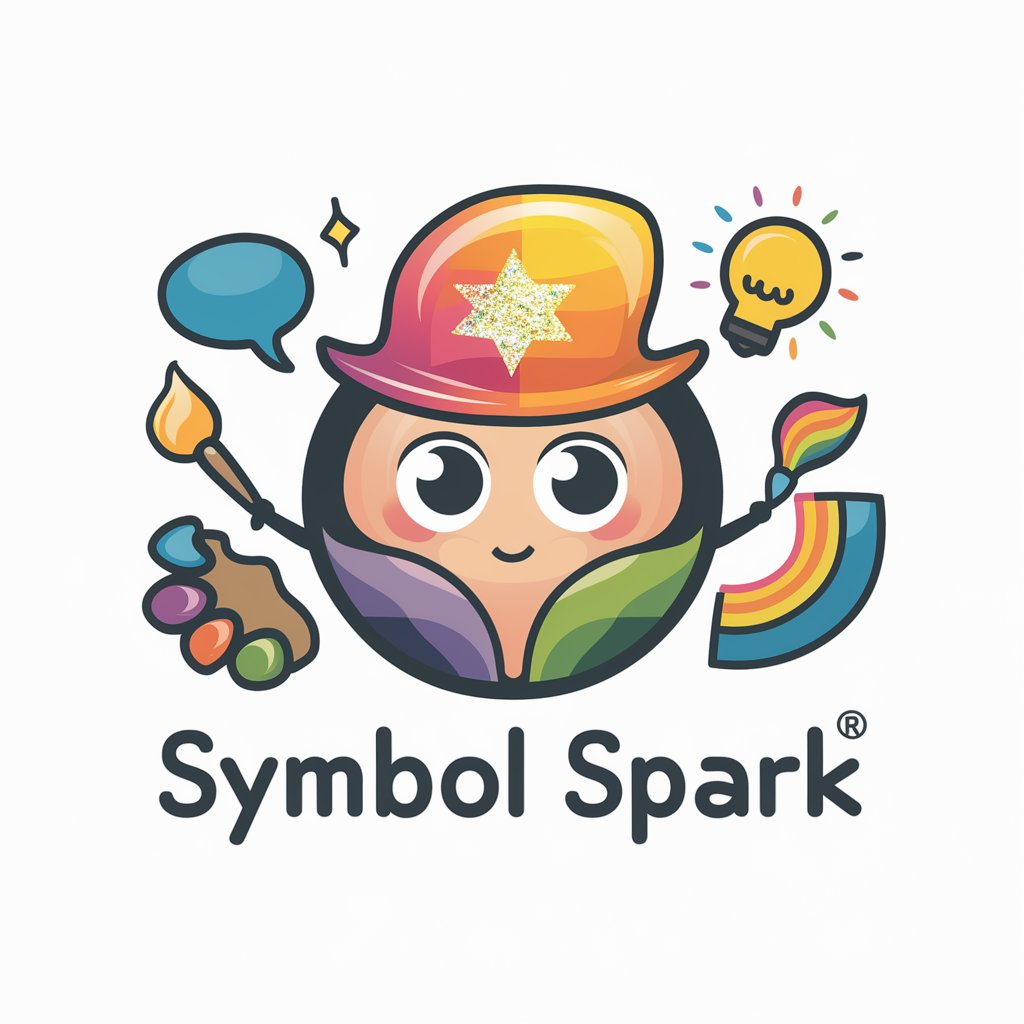
British Accent Coach
Master the British RP accent with AI
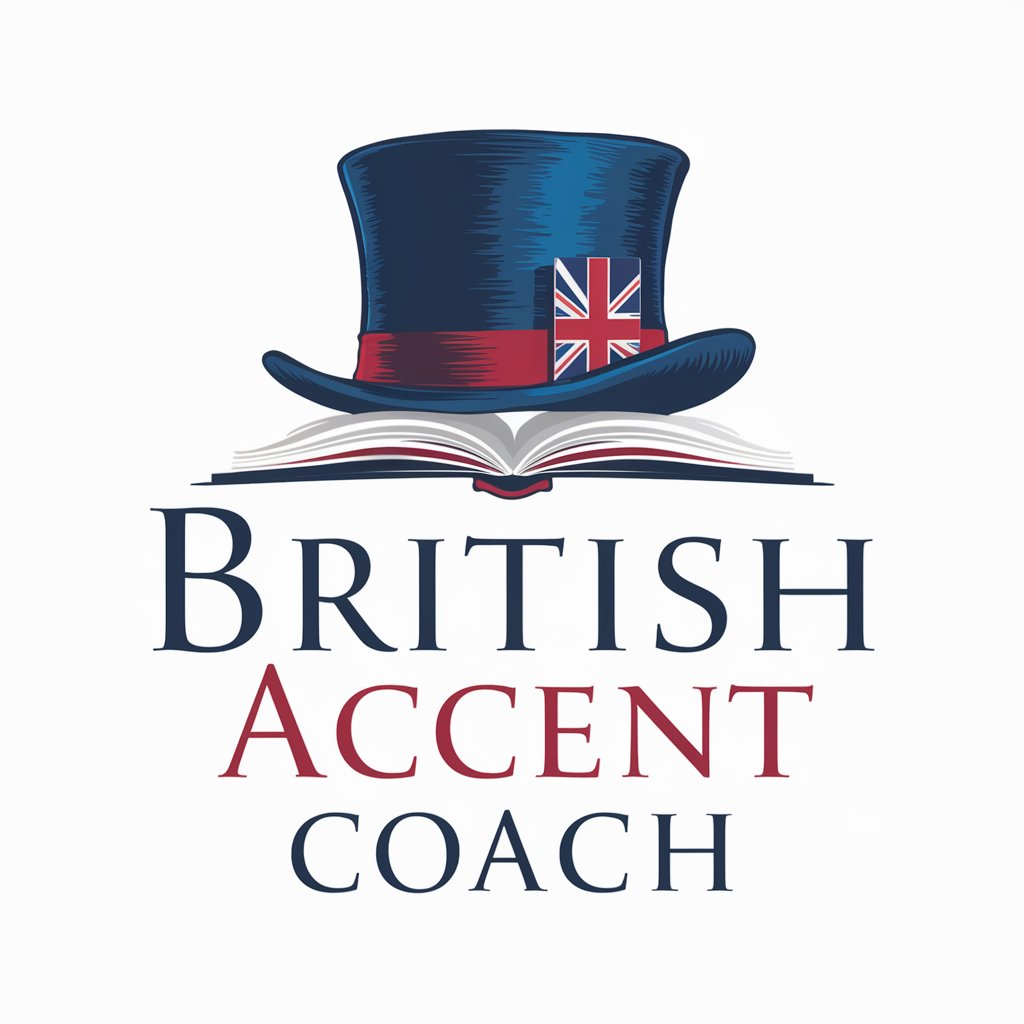
AAC Assistant
Empowering Communication with AI
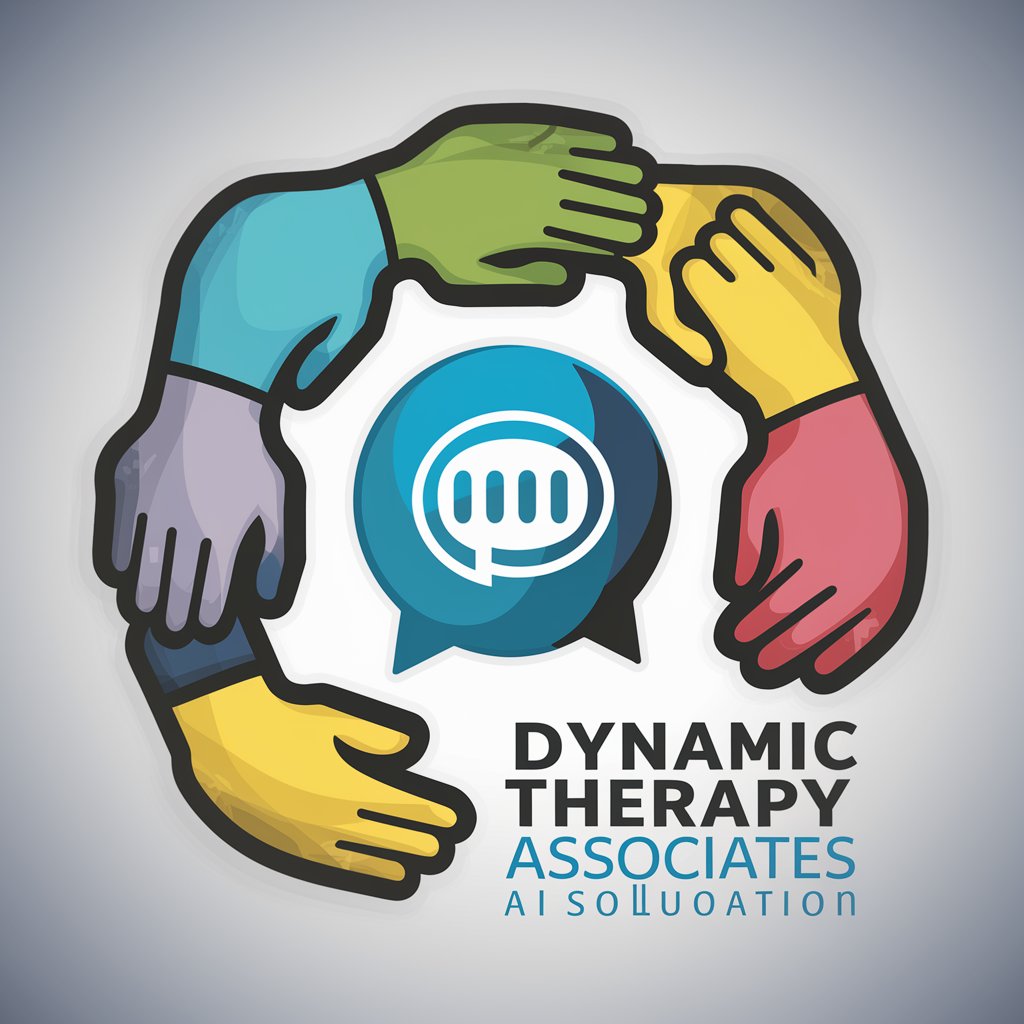
Dialogue Coach
Enhance Your Conversations with AI
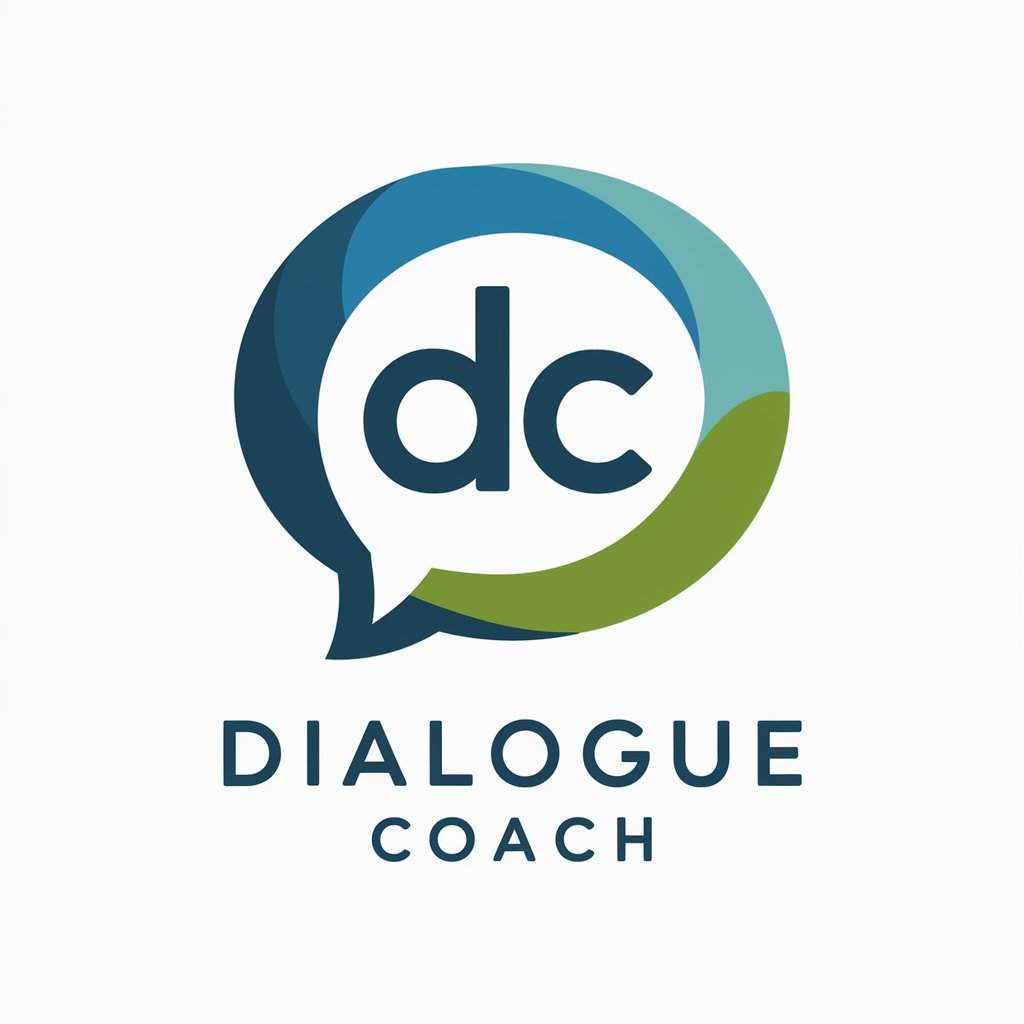
Informes TL Plus
Enhancing language therapy with AI-powered insights.
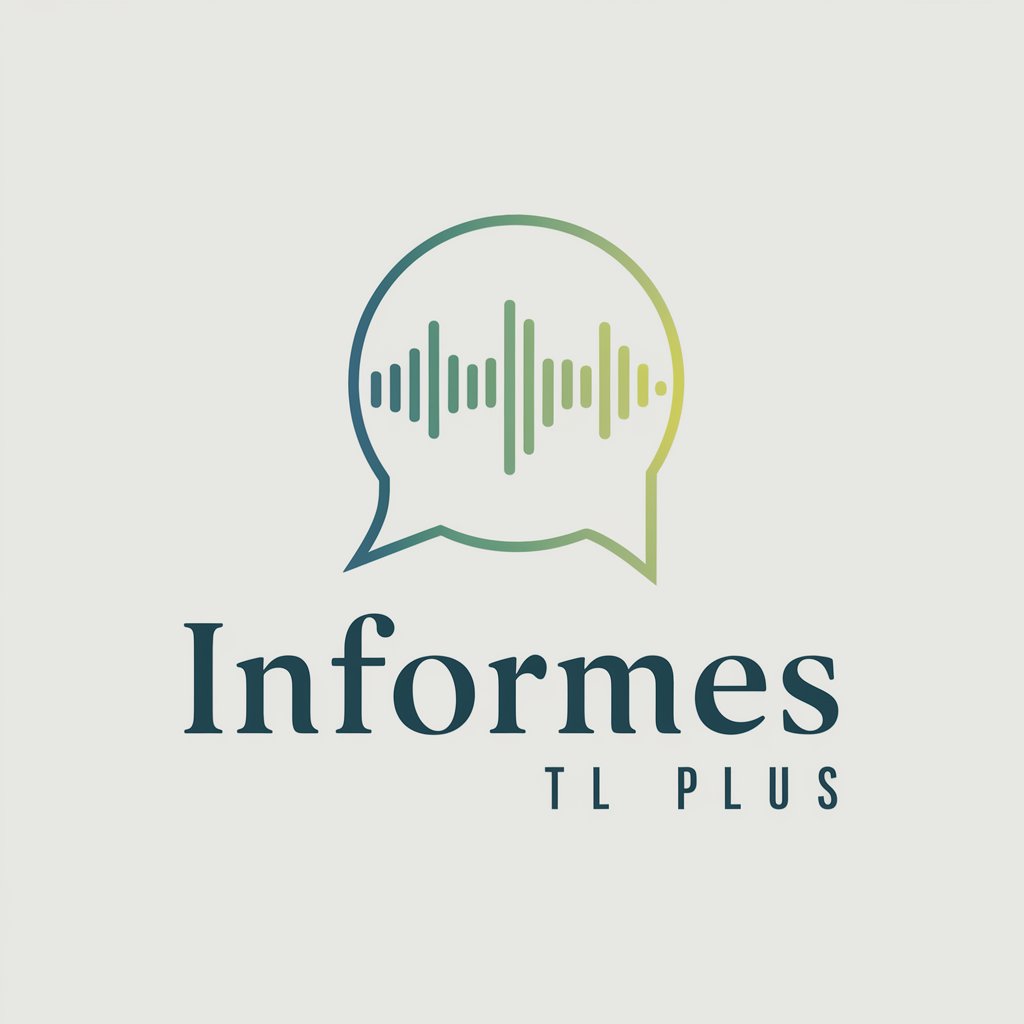
Pronouncing and Pronunciation
Master Pronunciation with AI
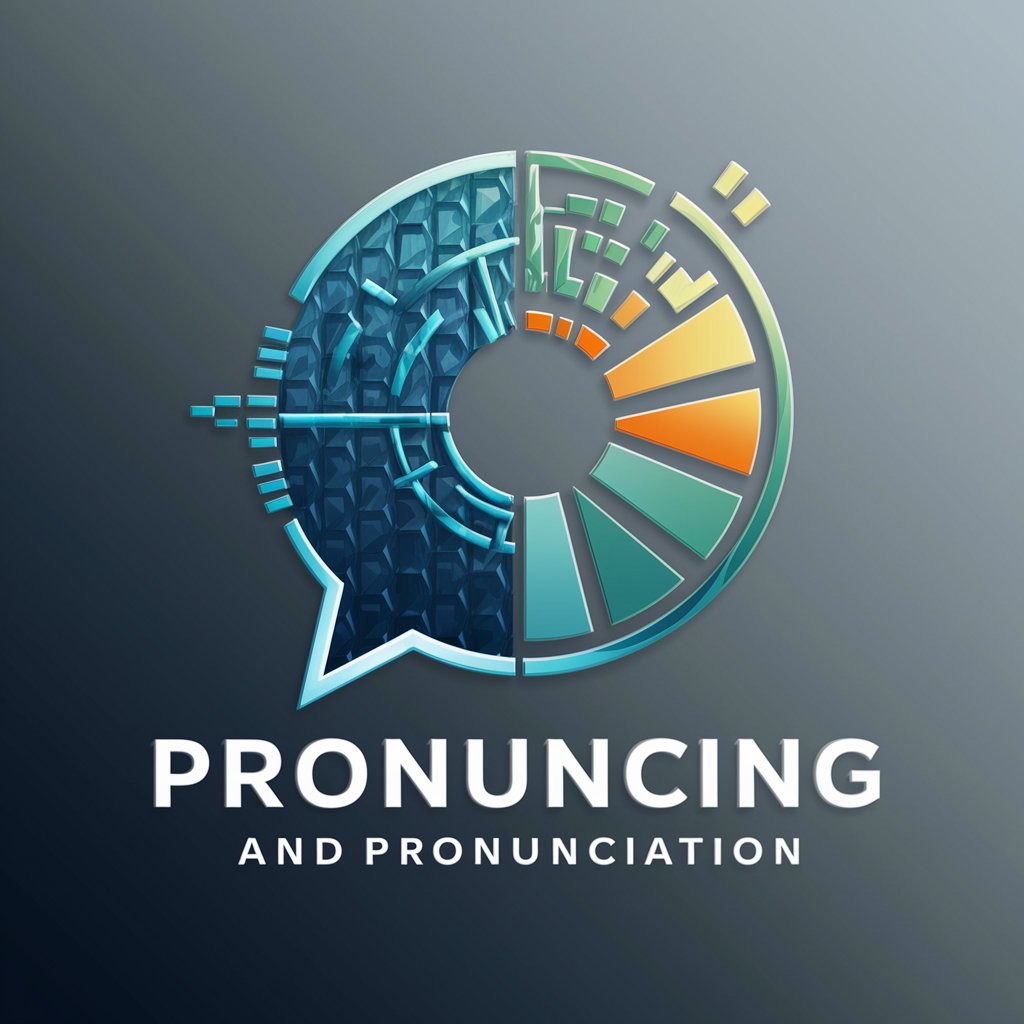
Reading Buddy
Enhance Your Reading Aloud Skills with AI
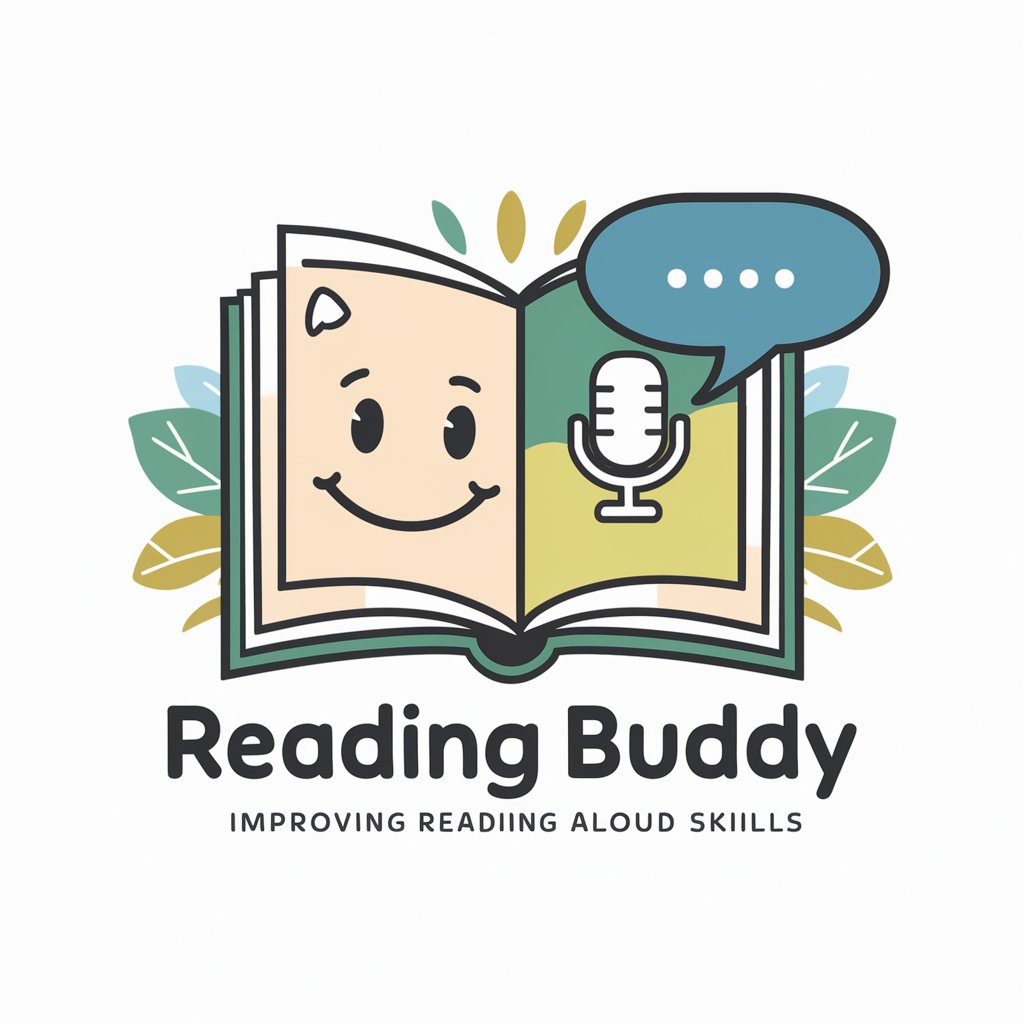
Parrot Teacher
Refine Your Presentation Skills

Phonetic Tutor
Master Phonetics with AI
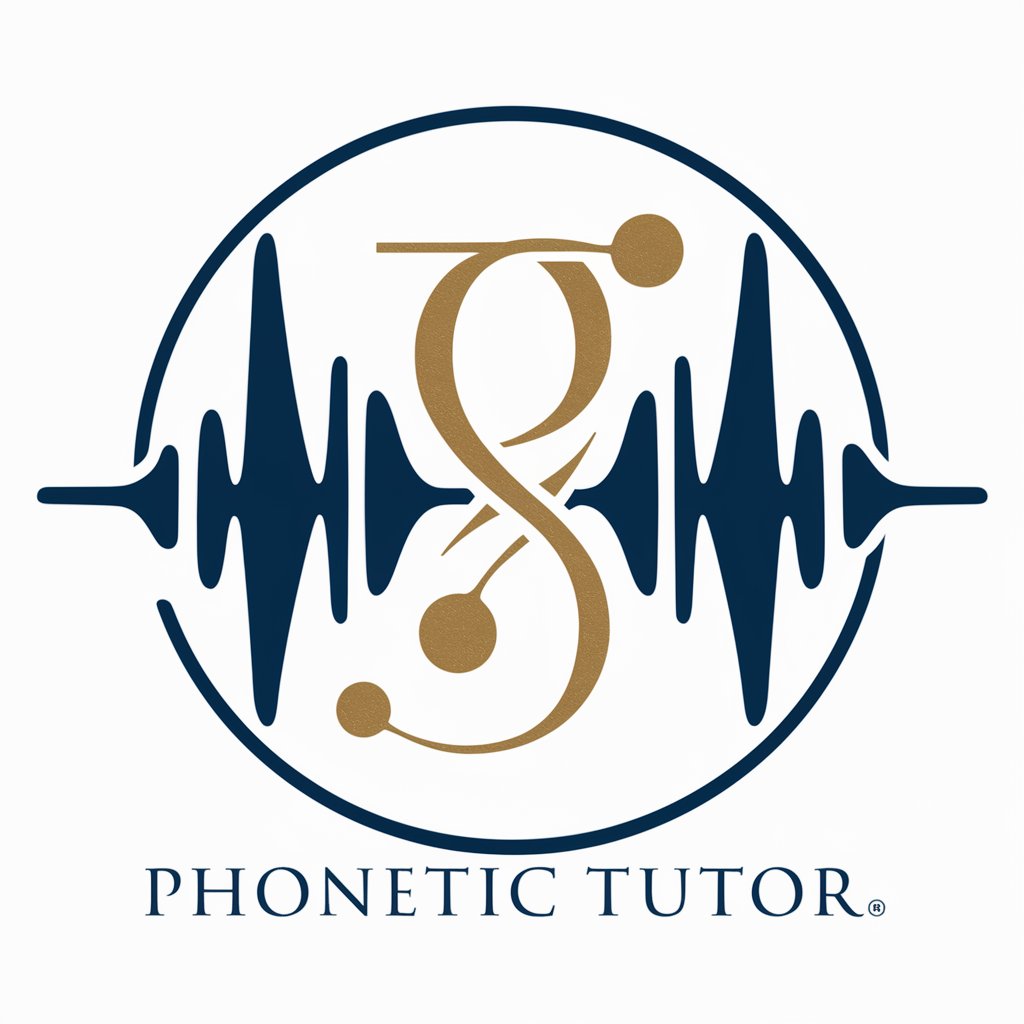
Frequency IPA Spectrography Assistant
Decipher Sound with AI
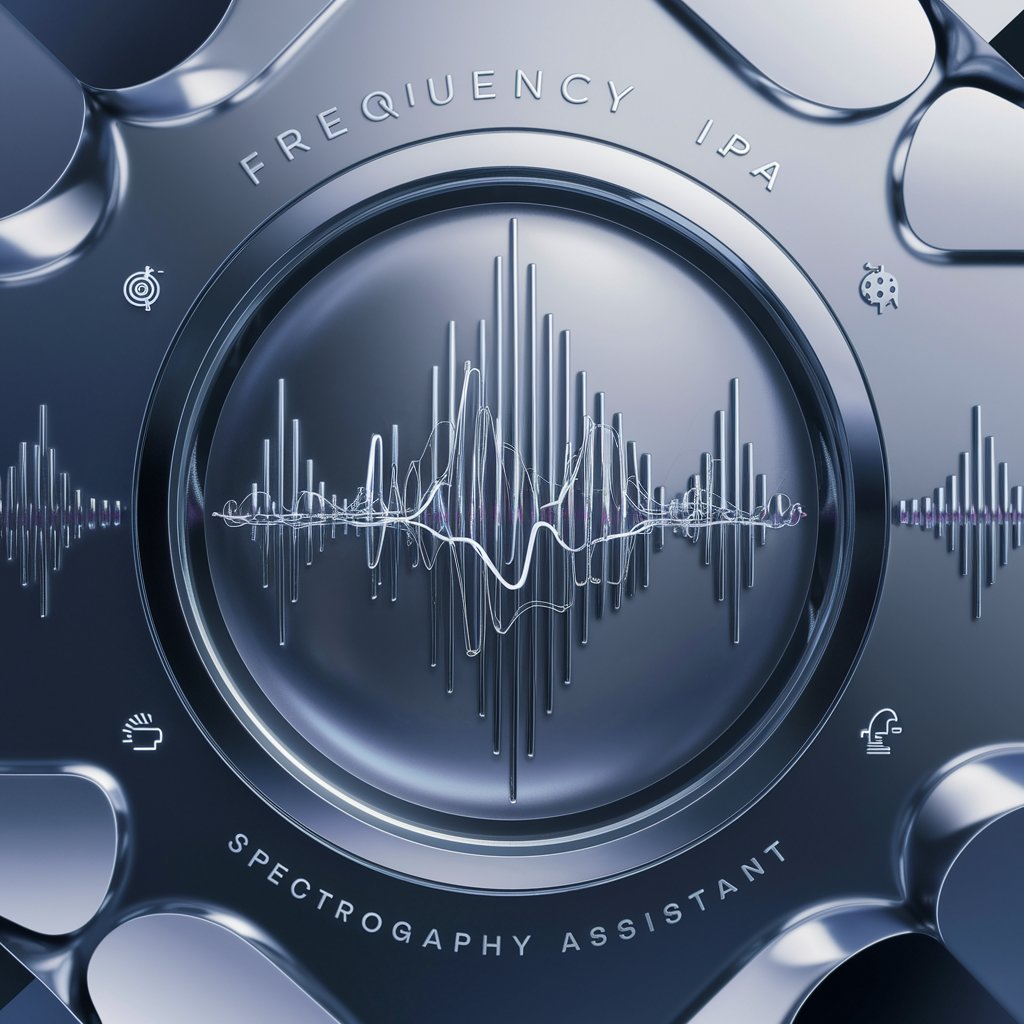
Eloquent Speaker
Master Your Speech with AI
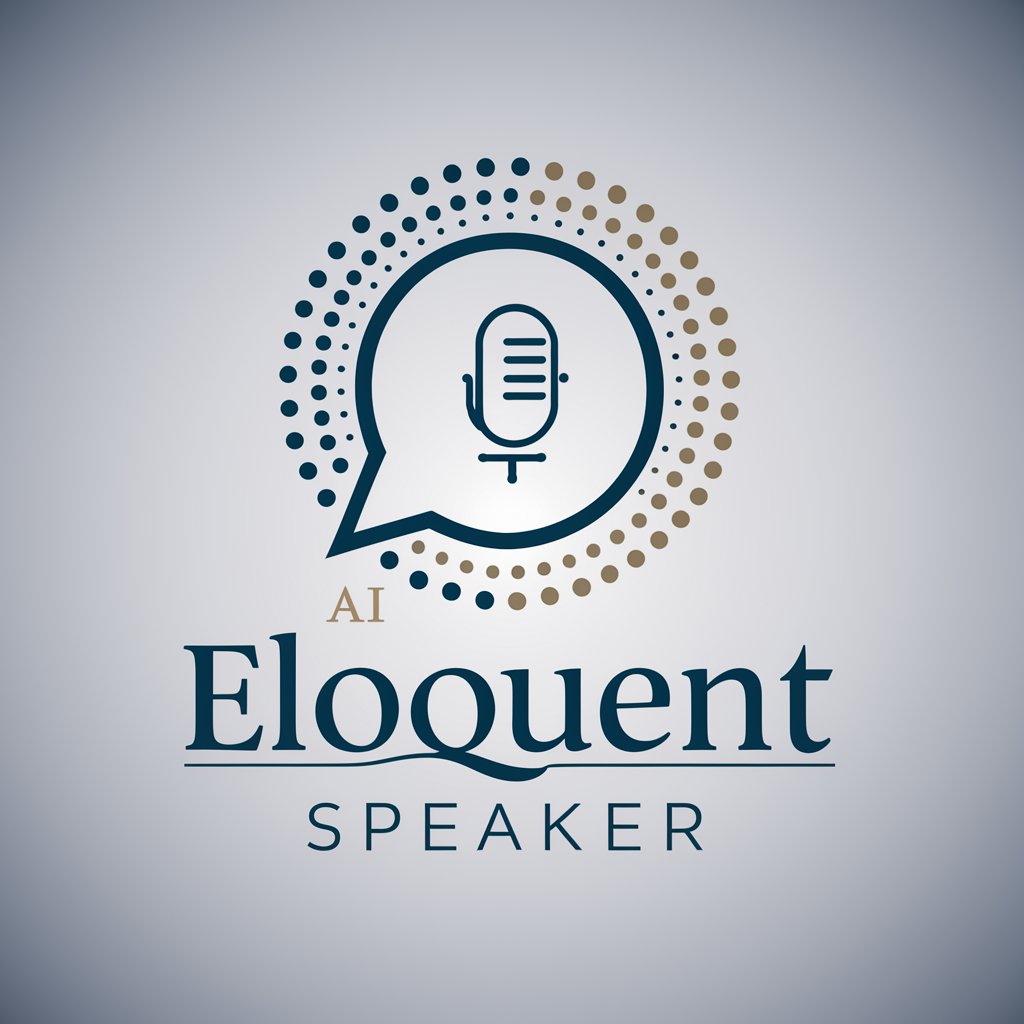
Babble Buddy
Playful Babbling with AI
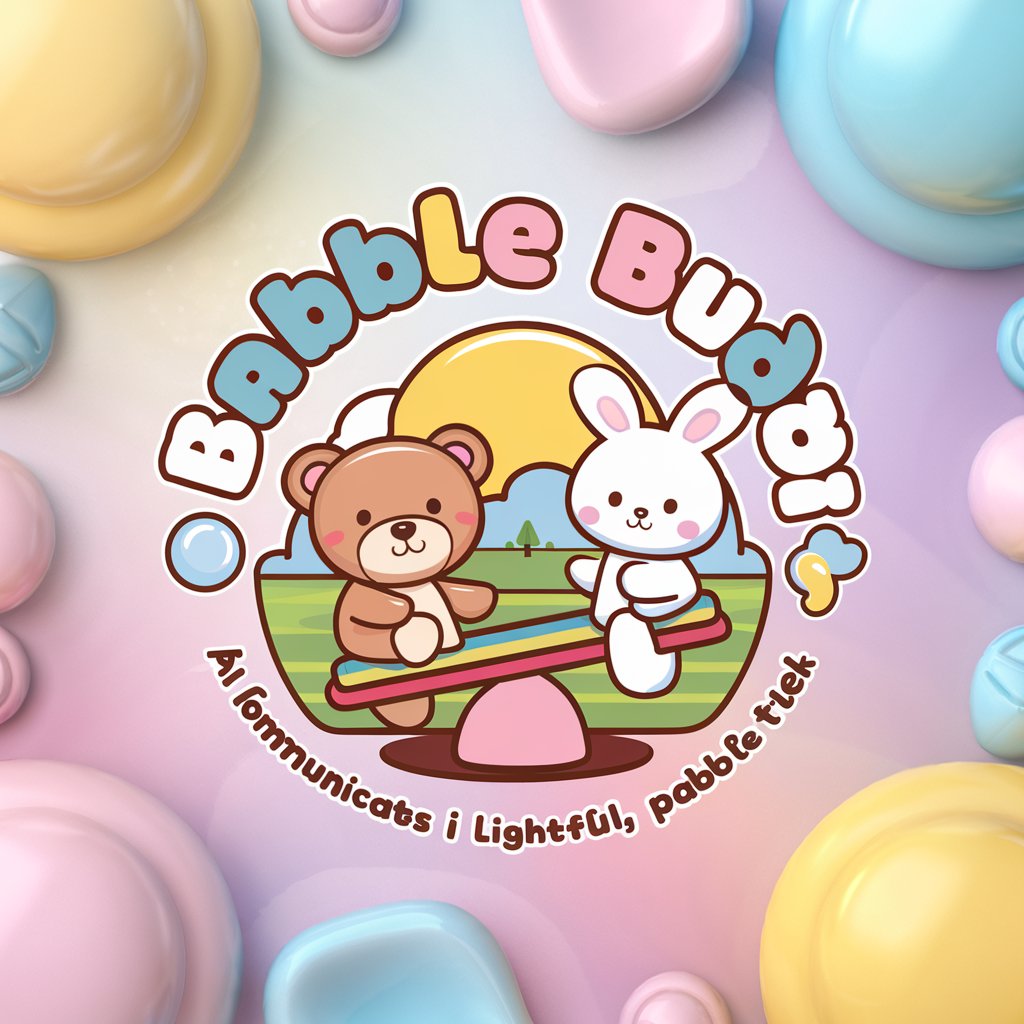
Stroke Rehab Guide
Empowering Stroke Recovery with AI
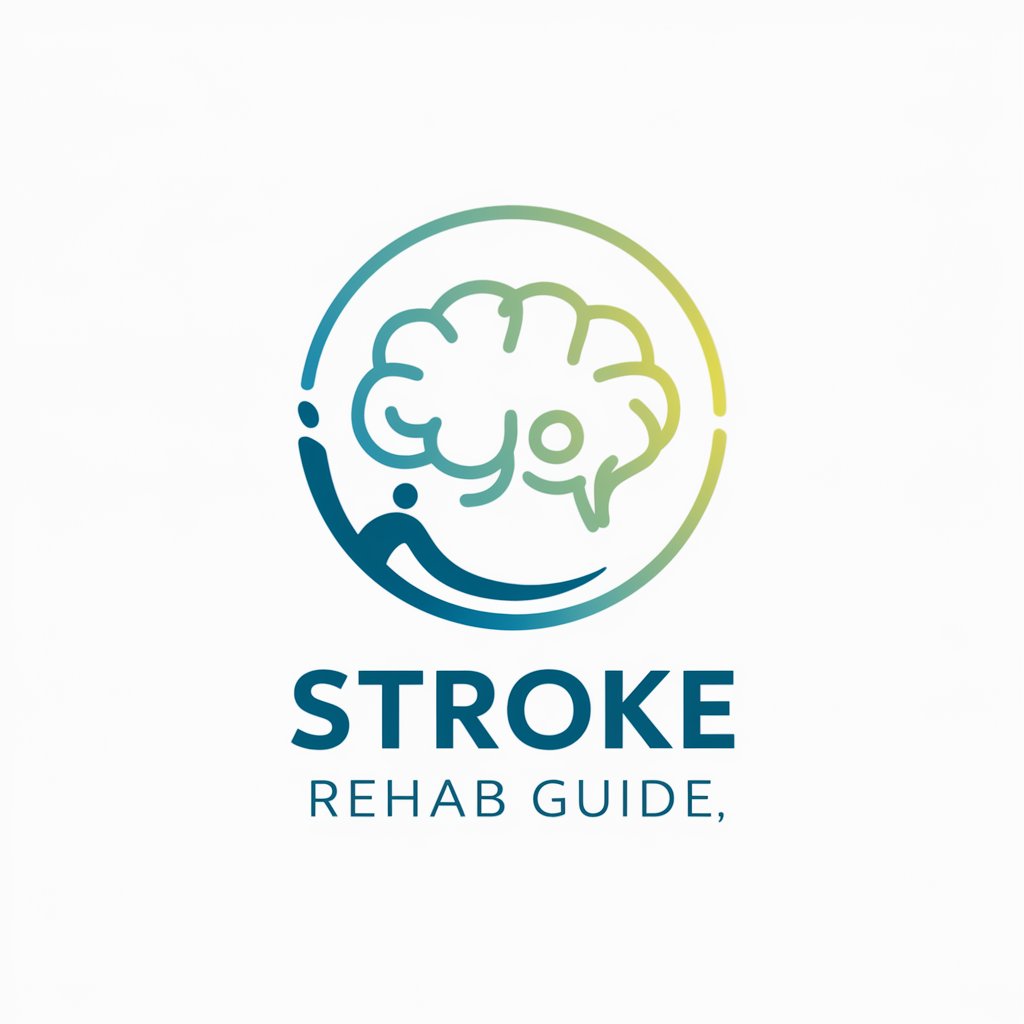
Eloquent Speaker
Articulate Your Thoughts, AI-Enhanced
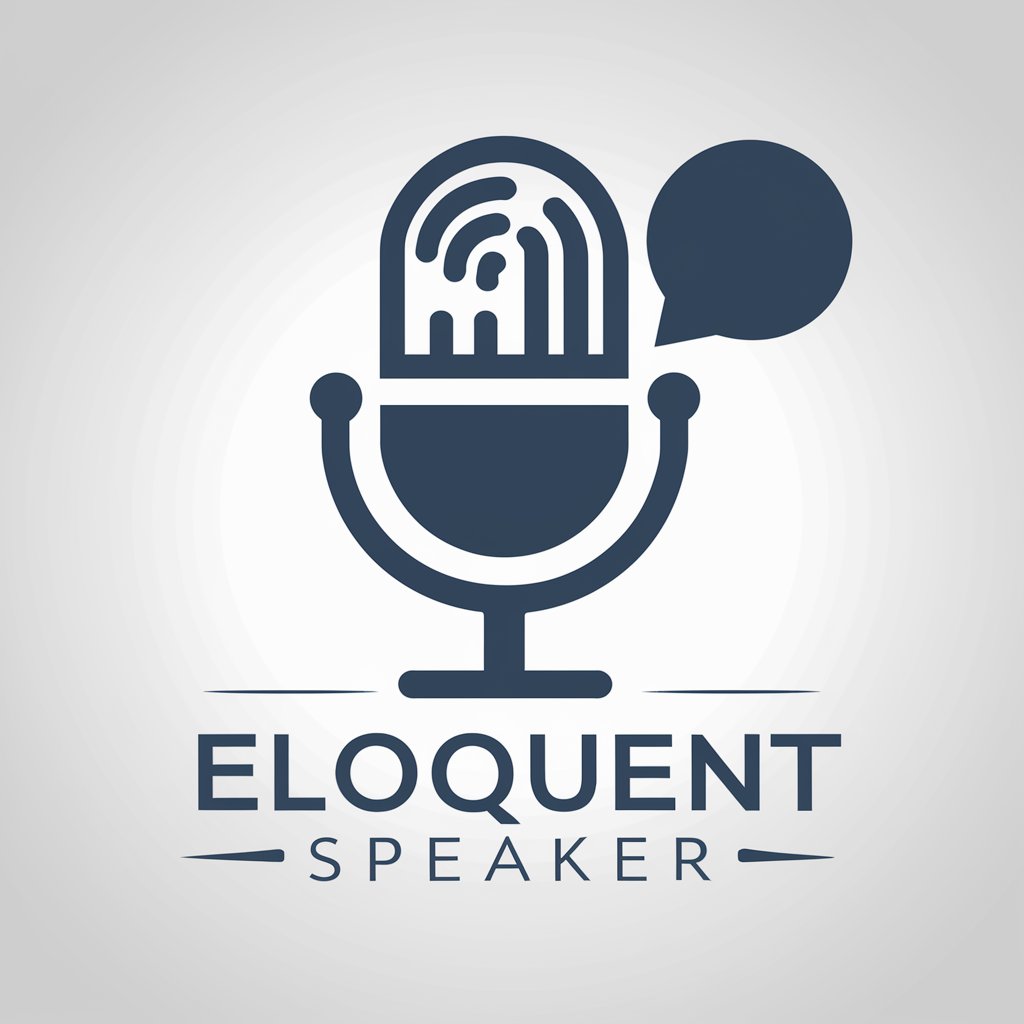
Key Attributes of Speech Therapy AI Tools
AI GPTs tools for Speech Therapy boast several unique characteristics and capabilities that set them apart. These include natural language processing and generation for real-time interaction, speech recognition to analyze and correct speech patterns, tailored exercises for language learning and rehabilitation, and adaptability across various complexity levels to suit individual needs. Special features may encompass technical support for developing personalized therapy plans, web searching for educational content, image creation for visual aids in therapy, and data analysis for tracking progress and outcomes. These capabilities ensure a comprehensive and multifaceted approach to speech therapy.
Who Benefits from Speech Therapy AI
The primary beneficiaries of AI GPTs tools for Speech Therapy include speech therapists, patients with speech and language disorders, educators, and developers in the healthcare sector. These tools are accessible to novices, offering user-friendly interfaces for those without coding skills, while also providing advanced customization options for developers and professionals in the field. This dual accessibility ensures that a wide range of users can benefit from these AI tools, from those seeking basic assistance to professionals aiming for in-depth customization and integration into existing therapeutic frameworks.
Try Our other AI GPTs tools for Free
Inclusive Teaching
Discover how AI GPTs for Inclusive Teaching leverage advanced AI to create equitable, personalized learning experiences for every student.
Depression Aid
Explore how AI GPTs for Depression Aid can transform mental health support, offering personalized, empathetic guidance and resources tailored to your needs.
Thought Reformation
Discover how AI GPTs for Thought Reformation leverage advanced AI to offer personalized cognitive restructuring, accessible to everyone from novices to professionals.
Behavioral Improvement
Discover how AI GPTs for Behavioral Improvement can transform personal development, offering tailored, AI-driven support for positive behavioral changes.
Reading Decisions
Discover AI GPTs for Reading Decisions: Enhancing textual analysis and decision-making with AI-driven insights, summaries, and recommendations tailored to your reading needs.
Quick Insights
Explore AI GPTs for Quick Insights: versatile tools designed for rapid, accurate data interpretation and decision-making support across multiple sectors.
Further Exploration into AI for Speech Therapy
AI GPTs for Speech Therapy signify a transformative approach to speech therapy, merging technology with traditional practices for enhanced outcomes. Their adaptability and integration capabilities highlight the potential for personalized therapy on a large scale. User-friendly interfaces facilitate wider adoption, ensuring that these tools can serve a broad spectrum of individuals and professionals seeking innovative solutions in speech therapy.
Frequently Asked Questions
What are AI GPTs for Speech Therapy?
AI GPTs for Speech Therapy are artificial intelligence tools designed to support the treatment and management of speech and language disorders. They utilize advanced algorithms to provide interactive, personalized therapy sessions.
How do AI tools for Speech Therapy work?
These tools work by processing and generating natural language, recognizing speech patterns, and offering tailored exercises and feedback to help improve speech and language skills.
Who can benefit from using these AI tools?
Speech therapists, patients, educators, and healthcare developers can all benefit from using AI GPTs tools for Speech Therapy.
Are these tools accessible to individuals without programming skills?
Yes, these tools are designed to be user-friendly for individuals without programming skills, offering straightforward interfaces and guided interactions.
Can these tools be customized?
Yes, they offer customization options for professionals and developers, allowing for tailored therapy sessions that meet specific needs and integration into existing systems.
Do these tools replace traditional speech therapy methods?
No, they are intended to complement traditional methods by providing additional resources and support, not to replace them entirely.
How do these AI tools help in speech therapy?
They assist by offering personalized therapy plans, real-time feedback on speech patterns, interactive language exercises, and progress tracking to enhance the therapy experience.
Can these tools be integrated into existing therapy practices?
Yes, with their advanced customization capabilities, these tools can be seamlessly integrated into existing therapy practices to enhance treatment outcomes.